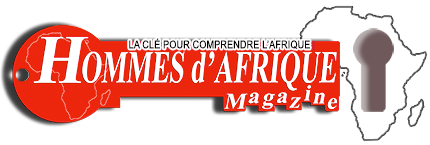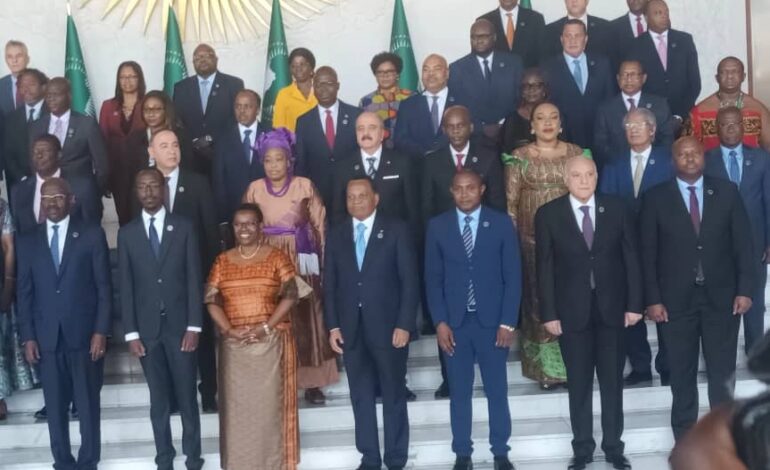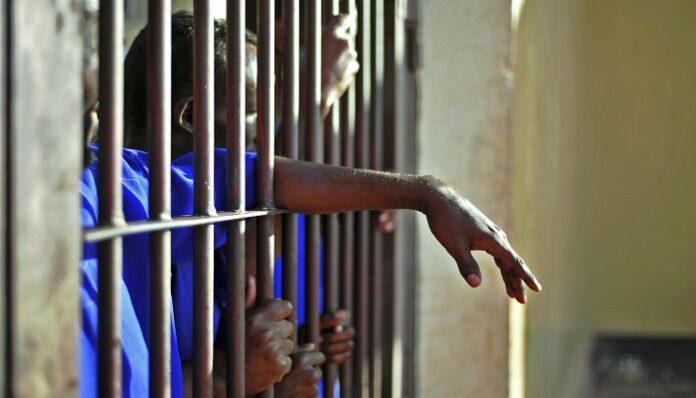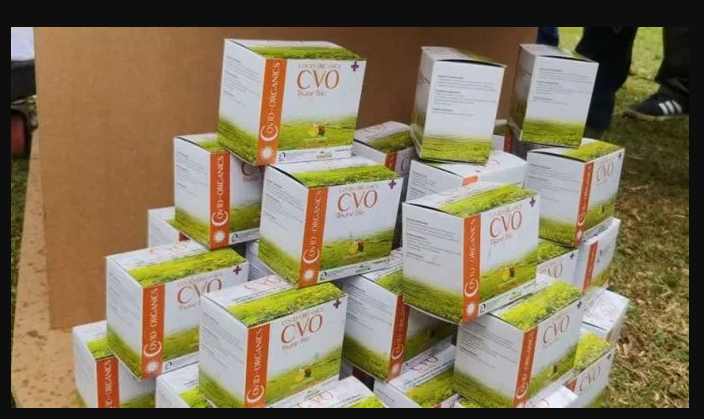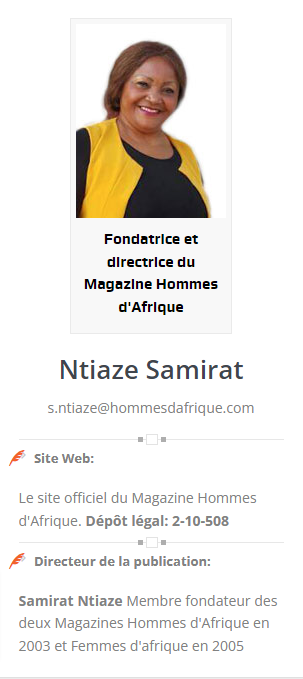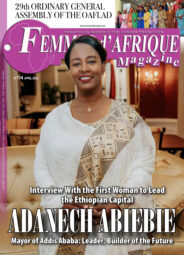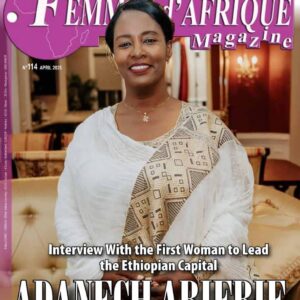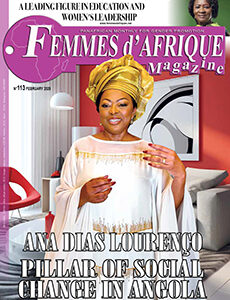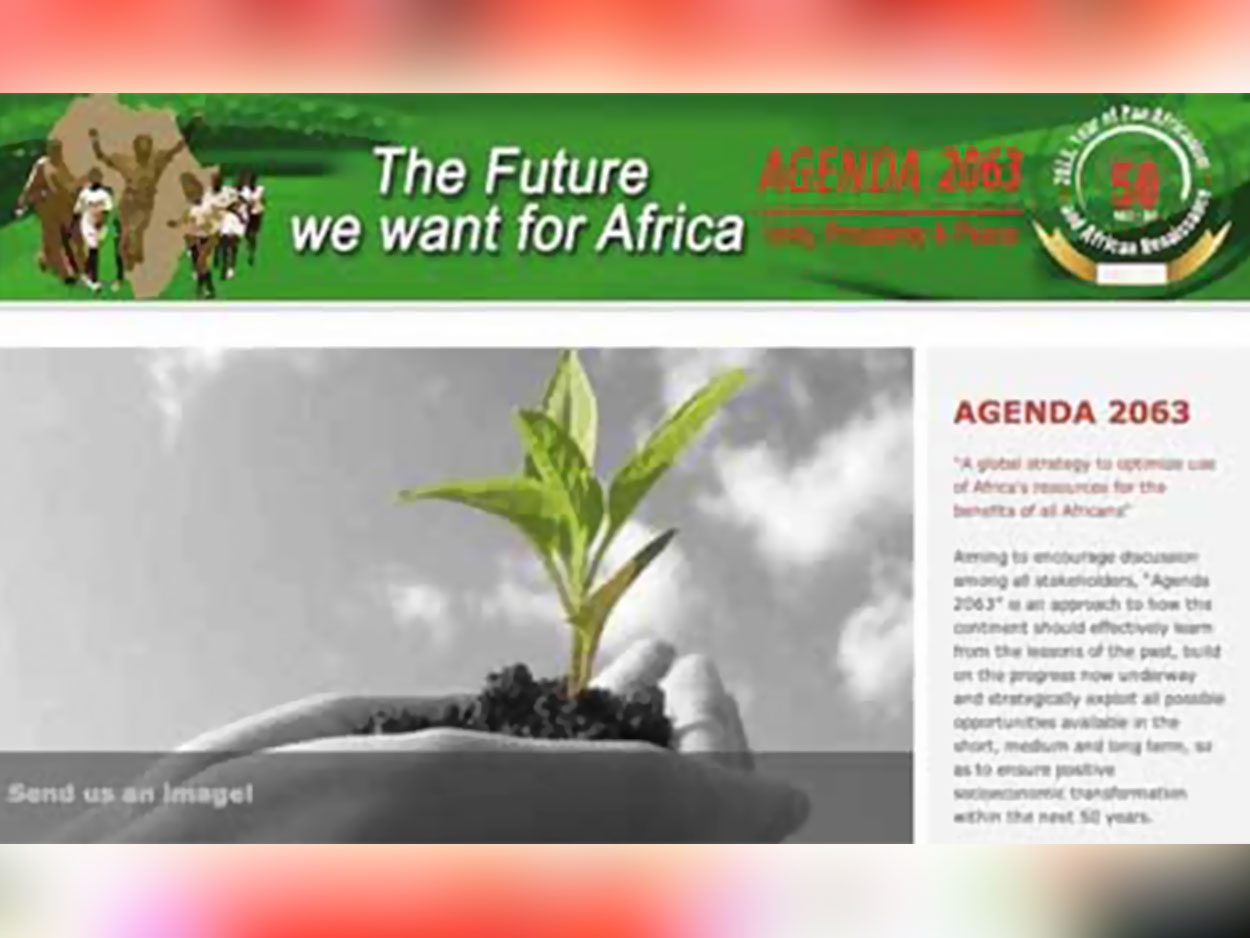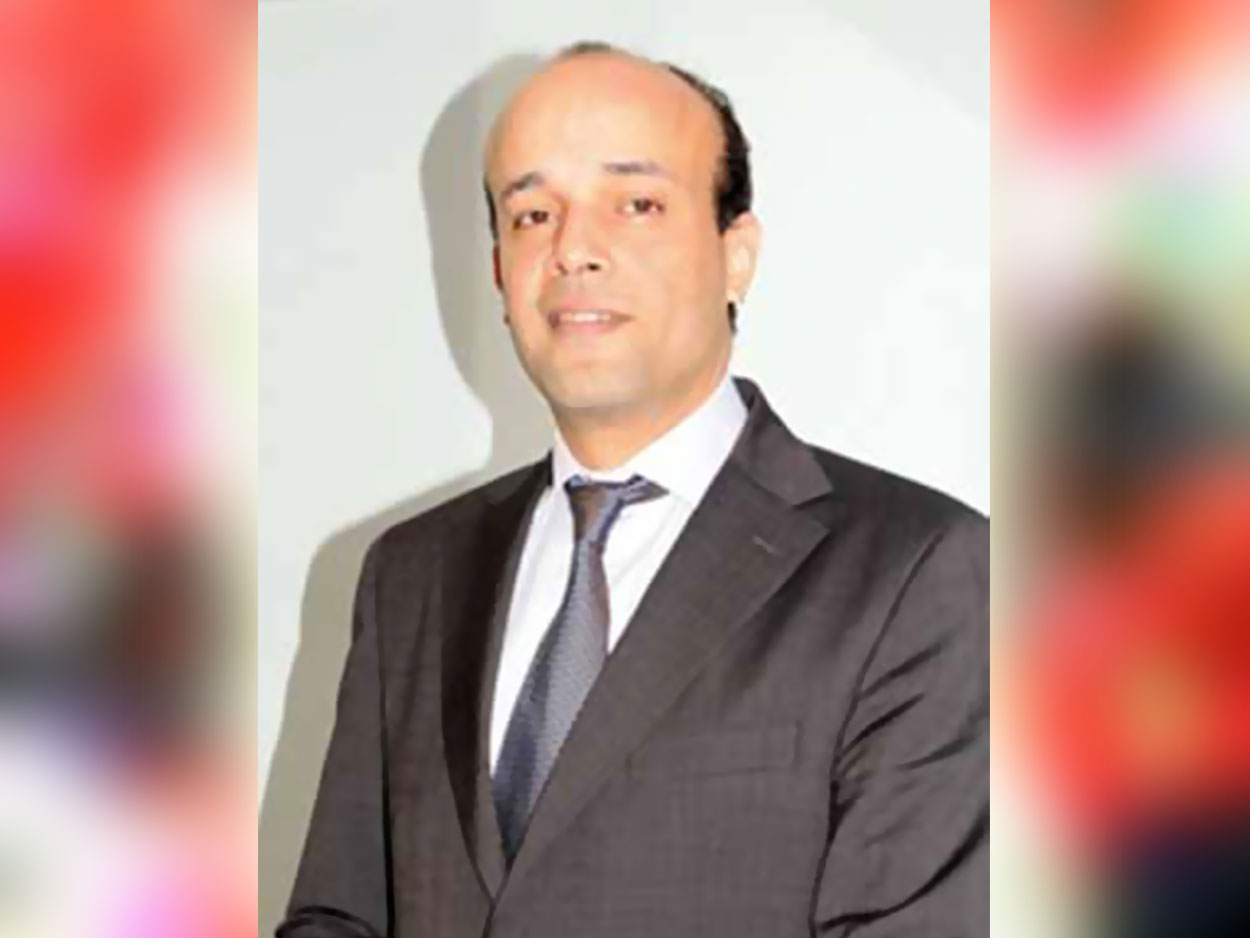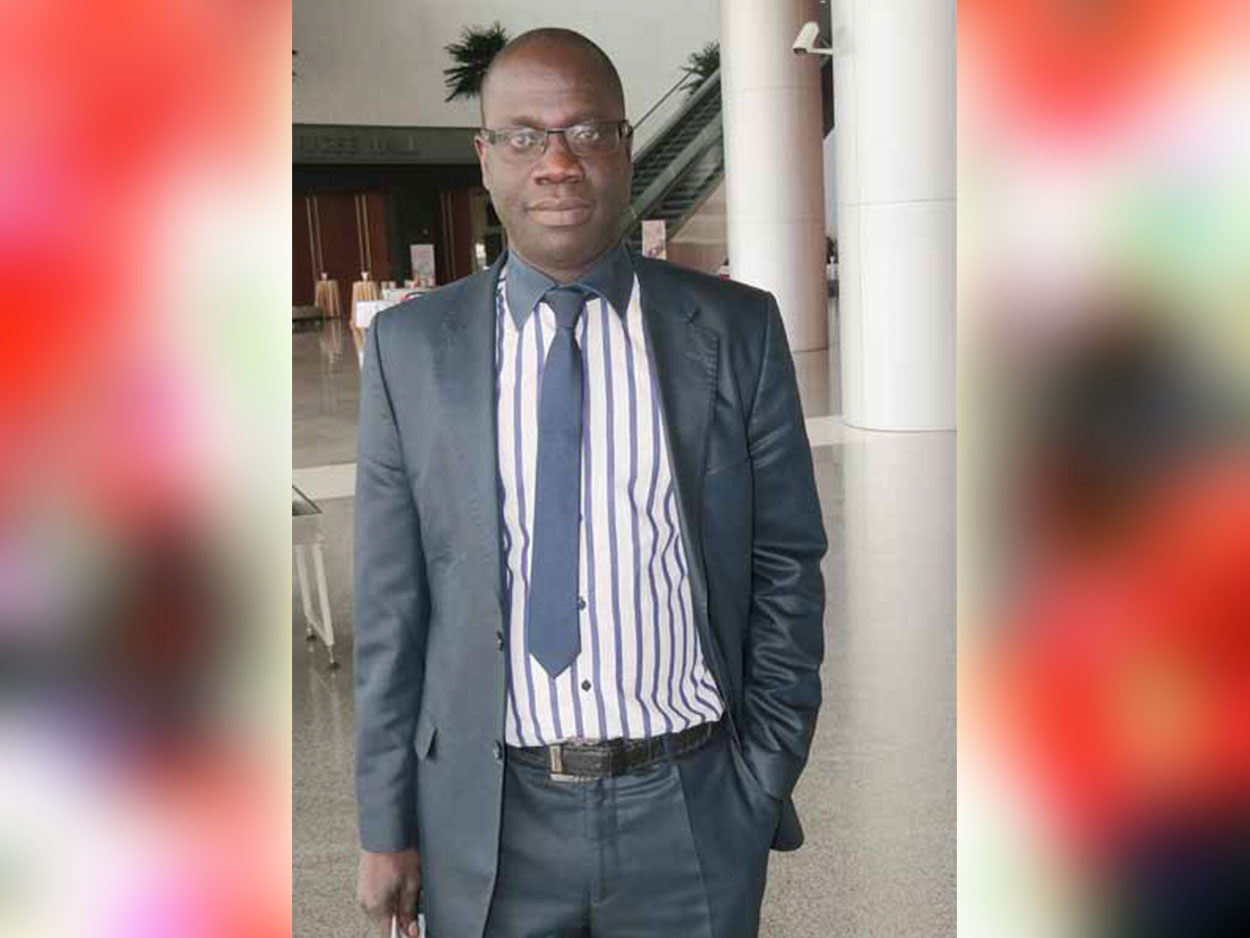Education and Empowerment of African Women: A Key Lever for an Inclusive Future
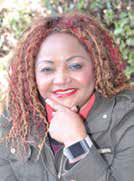
Africa is undergoing a transformation. Across the continent, women from all backgrounds are fighting to improve their own conditions and those of their communities. This struggle, championed by prominent figures such as Ana Dias Lourenço in Angola and Simone Yankey-Ouattara of the AU-CIEFFA, highlights a fundamental issue: education and women’s empowerment as a lever for sustainable development.
One of Africa’s greatest challenges remains equitable access to education. While notable progress has been made—such as Angola’s 2021 law making primary education free and compulsory for six years—there is still a long way to go. The #AfricaEducatesHer campaign, promoted in Kenya, illustrates the need to mobilize governments and civil society to ensure unhindered access to girls’ education.
Education is not just a matter of schooling; it is a fundamental tool for women’s economic and social independence. Initiatives like the Empowerment and Learning Program for All (PAT II) in Angola show that girls’ education extends beyond the classroom, encompassing sexual and reproductive health training as well as vocational skills development. These programs help young girls break the cycles of poverty and dependence.
Beyond education, women’s economic empowerment is a cornerstone of social progress in Africa. Across the continent, female entrepreneurs are emerging, proving that financial independence is a real driver of emancipation. Business leader Traoré Oumou Diarra aptly summarizes this challenge: “In a constantly evolving job market, creating your own business can be the best way to secure stable employment.”
However, obstacles persist. Access to financing remains a major challenge for African women entrepreneurs. Banks and financial institutions must multiply initiatives to facilitate women’s access to credit and investment funds. Additionally, projects like Tata Uhayele, which provides rural populations with healthcare via mobile clinics, demonstrate that innovative solutions can help bridge inequalities.
The fight for gender equality in Africa is not only about education and economic empowerment but also about protection against gender-based violence. The We Are Equal campaign, supported by Ana Dias Lourenço, aims to raise awareness and push governments to adopt strict measures against violence against women and children.
The mobilization of political actors, NGOs, and community leaders is essential to ensure a safe environment for women and girls. Initiatives like “The Wheel of Love” in Angola, which promotes values of respect and solidarity from an early age, serve as inspiring models that could be adopted in other African countries.
Africa has embarked on an irreversible path toward gender equality. However, to fully realize these advancements, African governments, international organizations, and civil society must redouble their efforts to make women’s education and empowerment a top priority.
A continent where every girl has access to education, where every woman can aspire to economic independence, and where gender-based violence is eradicated is a continent moving toward a more inclusive and prosperous future. It is time for Africa to fully invest in its female potential, as the continent’s progress rests on the shoulders of its girls and women.
Samirat NTIAZE
